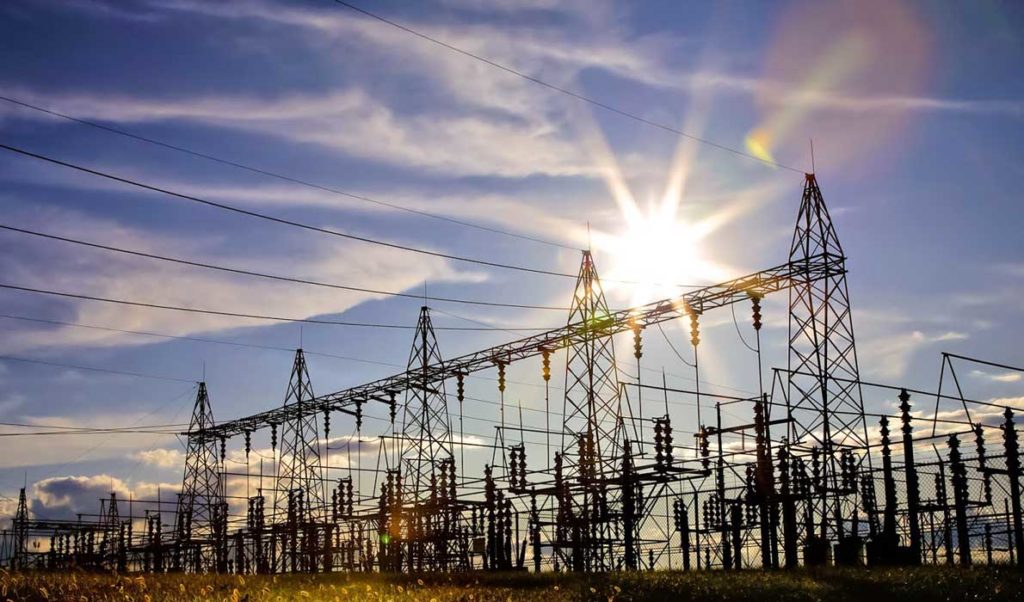By Rob Snyder
I am increasingly surrounded by “energy nerds” (their words) and if you live in an island or remote coastal community in Maine, you may be too. They love talking about kilowatt hours, light bulbs, appliances and the like. And as with most characters, they are easier to spot in island and remote coastal communities.
What I find remarkable is that a single energy nerd can get a tremendous amount done on an island. It doesn’t take long to figure out why.
An island energy nerd has amazing information at his or her disposal. They have eaten at your dining room table and seen your lights on after dark. They know the kind of light bulbs you use, and have opinions about them. They know how much electricity you use at your home and how it contributes to the energy needs of your community.
In short, they know you, your behaviors and your appliances.
This transparency works two ways. You feel some level of accountability to them, and they have valuable information from which to create safer, more reliable and more affordable energy systems to sustain your community.
Imagine the possibilities for implementing energy efficiency measures in your community if you knew all of the appliances used in your community, and—this is key—people liked and trusted you. This is not only possible on islands, it happens often.
The person who runs the island generators (on the islands that rely on them) knows the load requirements of every building on the island. He or she knows who owns the walk-in freezers and the amount of current each one draws. They know the peak energy usage times in August and when they will need to add more energy generation to the mix so that that summer visitors will be able to refrigerate food, run air conditioners and prepare meals.
All of this becomes more interesting once you realize the potential that comes not just from knowing this information, but from the fact that the person who keeps the lights on also walks around the community talking to everyone who needs the electricity for businesses and homes. That ability to know each other makes it possible to talk about what happens when the lights go out, and how to get them back on.
For example, most of our appliances immediately demand power when an outage occurs. For a huge grid like ISO New England, managers anticipate this power need and make sure there is enough to avoid brown outs, those incidents when power sags as the grid is comes back online.
On an island, it’s the same. However, on islands that don’t have cables to the mainland, it takes time for power production to get back up to a level that can support an entire community. The diesel generators come online slowly. The only way to avoid overloading the system in the moments when the power goes down is to have people work together, to bring the appliances in the community back online slowly.
This is a social challenge paired with an engineering challenge. A local business owner I spoke with recently has instituted a policy for employees that goes something like this: if the power goes out, you are to shut off the breaker for the walk-in refrigerator. You are to wait until the power has been back on, without sagging, for at least five straight minutes before throwing the breaker that will bring the refrigerator back online. This will ensure that generators are up to full capacity and can handle the load requirements for the walk-in refrigerator.
A number of the people that own large appliances in this community have a similar rule. This level of cooperation is remarkable and necessary, and begins to hint at the potential of thinking about and solving energy problems as a community.
Around here, energy nerds are seldom doing their work for environmental outcomes alone. They share a concern for the environment but their primary concern is with the economics of sustaining their communities.
They are taking a system of power lines and generators and leveraging social ties to create new models for energy conservation. These new models will sustain communities and provide pathways for others who will face these challenges at larger scales in the coming years.
Rob Snyder is president of the Island Institute, publisher of The Working Waterfront. Follow Rob on Twitter @ProOutsider.





